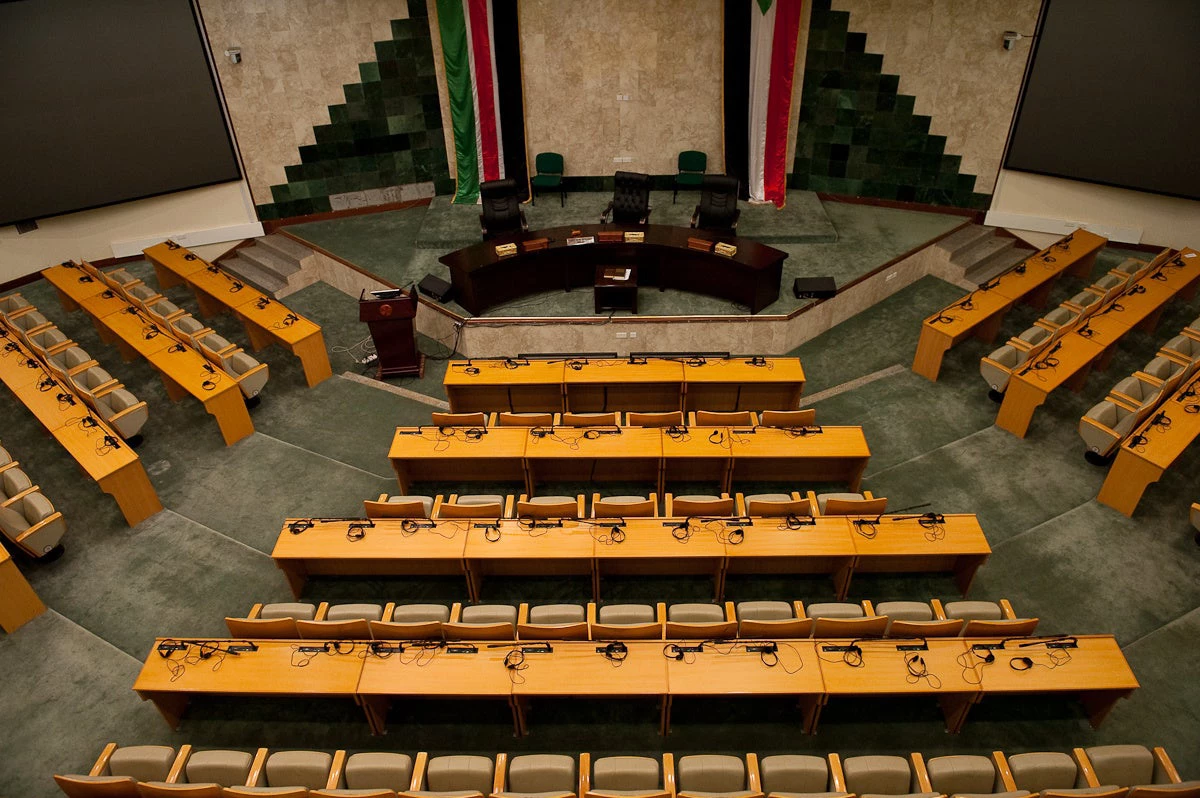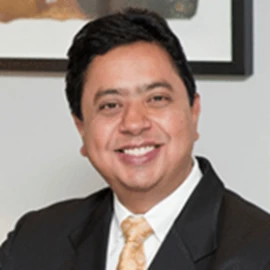 مبنى برلمان جنوب السودان في جوبا
مبنى برلمان جنوب السودان في جوبا
We face a crisis of citizen trust in governance today. Prior to the pandemic, citizens trust in governments had already plummeted to an all-time low, according to the Edelman Barometer. In far too many countries, governments are perceived as unresponsive or corrupt and captured by special interests. In May 2020, trust in governments increased for a brief period as people saw it leading the fight against COVID-19. But many governments squandered that trust bubble and people’s faith in public institutions fell sharply.
This crisis of citizen trust has serious consequences. Trust is the foundation upon which the legitimacy of public institutions is built. During the pandemic, trust in public institutions has been vital in enabling governments to secure citizen support for COVID-19 containment, mitigation, and recovery.
If trust is so vital, how can governments build it? Excellent work done by the OECD underscores two key drivers of trust: competence and values. First, trust in competence is built when governments deliver services that respond to citizens’ needs. Second, trust in values is built when governments demonstrate integrity, openness and exercise power in the public interest.
Open government approaches can help build responsive, values-based governance. Open government approaches uniquely combine two complementary aspects: first, transparency, openness and responsiveness by government on the supply side of governance; and second, participation, monitoring and feedback from citizens and other stakeholder groups on the demand side.
Here is a selection of examples of trust-building reforms drawn from across the 78 member countries of the Open Government Partnership (OGP), of which 50 are World Bank Group borrowers:
- Open budgets are vital during the pandemic because governments have mobilized, including from the World Bank and IMF, a staggering $12 trillion in COVID-19 stimulus and safety nets. For example, Paraguay’s mapa inversiones and South Africa’s Vulekamali platforms publish COVID-19 budgets and engage citizens, including marginalized groups, for feedback and oversight. In Africa, the ‘Follow the Money’ network of civil society organizations is tracking COVID-19 spending to ensure it is reaching the beneficiaries, including by leveraging citizen feedback.
- Open contracts and open company ownership are needed to combat corruption and build citizen trust and ensure that power is exercised in the public interest. In Ukraine, reformers leveraged OGP to build an online platform - ProZorro - wherein all public procurement contracts are disclosed based on open data standards so citizens can search them. A second platform - DoZorro - empowers demand-side monitoring wherein citizens can report violations in contract award and implementation. In two years, citizens reported 14,000 violations. Over half of the reported violations were publicly resolved. The government saved $1 billion, 82 percent of entrepreneurs reported reduced corruption, and there was a 50 percent increase in businesses bidding for contracts for the first time.
- One important priority for responsive governance is to integrate citizen participation in policy-making. For instance, participatory budgeting allows citizens to set priorities and fund projects that respond to their needs. In South Kivu Province in the Democratic Republic of Congo, citizen trust was very low emerging from conflict. The government introduced participatory budgeting, enabling citizens to vote on budget allocations. When citizens saw roads and schools being repaired that they voted for, tax collection jumped 16-fold, a clear measure of the increased trust in government resulting from open, participatory approaches.
- We need similar citizen feedback and government responsiveness in downstream service delivery. In Kaduna, Nigeria, when an audit revealed that a health clinic promised to citizens only existed on paper, the Director of Budget disclosed the geo-location of publicly-funded projects on a mobile app. But then the demand side kicked in as citizens were empowered to upload photos and feedback. Kaduna reported a record completion of 450 schools and 250 health clinics in two years, with a 20 percent reduction in maternal mortality from the use of these clinics.
- Across all this, it is important for development institutions such as the World Bank to not only work with governments and support supply-side transparency, but also support demand-side citizen participation and response to citizen feedback .
This blog is based on keynote remarks delivered by Sanjay Pradhan, CEO of the Open Government Partnership, at the World Bank Governance Forum on March 17, 2021


Join the Conversation